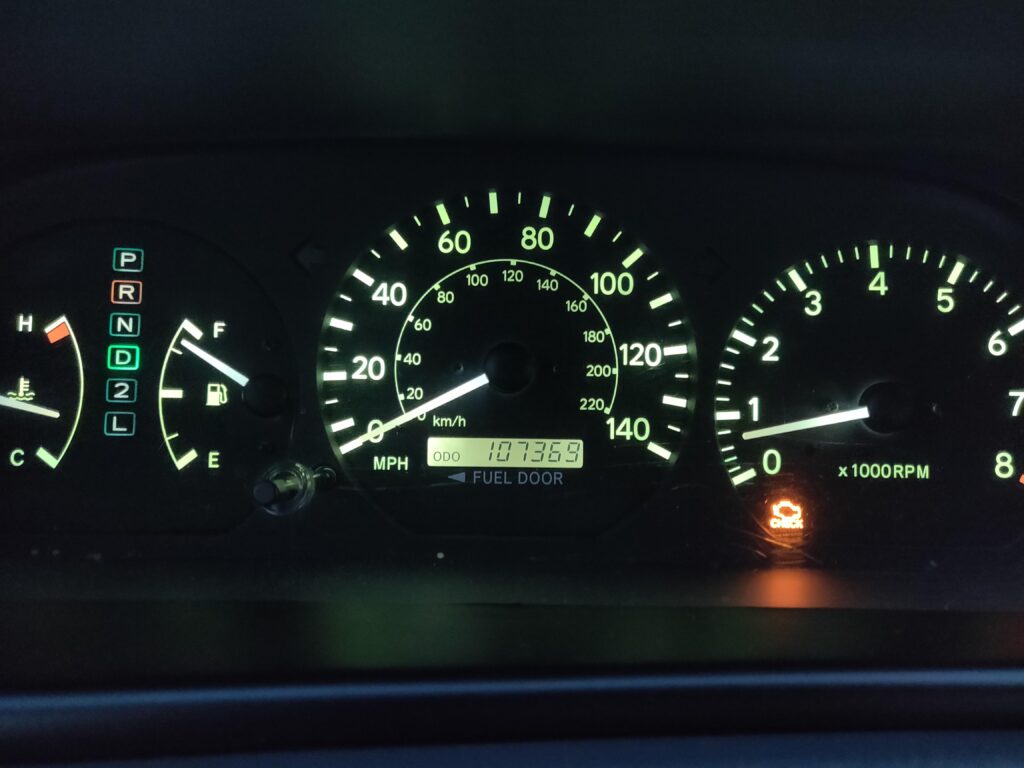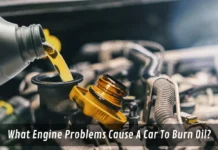Summer heat can be tough on your car, and the last thing you want is to be stuck on the side of the road with an overheated engine. High temperatures can put extra stress on your vehicle, causing it to overheat and potentially lead to expensive repairs. But don’t worry! With a few simple steps, you can prevent car overheating in summer and keep your car running smoothly, even in the hottest weather. we’ll share easy and practical tips to help prevent your car from overheating so you can enjoy a safe and stress-free summer drive.
Detailed Tips to Prevent Your Car from Overheating
1. Check Coolant Levels Regularly

Coolant is your car’s summertime superhero it absorbs, transfers, and dissipates engine heat to keep things under control. Pop the hood when the engine’s cool, please! and peek at the coolant reservoir. It’s usually a translucent plastic tank with min and max lines. If it’s below the minimum, grab a 50/50 mix of antifreeze and water or premixed coolant . Don’t just use water it won’t protect your engine like antifreeze does. While you’re at it, look for leaks under the car. A puddle of bright green, orange, or pink liquid? That’s a sign something’s wrong get it checked out by a mechanic ASAP.
2. Keep the Radiator Clean and Clear
Your radiator is like your car’s air conditioner, shedding heat so the engine. But if it’s clogged with dirt, bugs, or random road debris, airflow gets blocked, and heat builds up fast. Take a look at the front of your radiator behind the grille. See any gunk? Gently rinse it off with a garden hose just don’t use high pressure, or you might bend the fins. For a deeper clean, a soft brush works wonders. Keeping it clear ensures your engine stays chill even on the hottest days.
3. Test Your Thermostat for Trouble

Think of the thermostat as a gatekeeper it decides when coolant flows to cool the engine. If it’s stuck closed, that coolant can’t circulate, and your engine turns into a pressure cooker. Noticed your temp gauge spiking even with plenty of coolant? That’s a red flag. Testing it yourself is tricky it involves removing it and checking it in hot water, so if you suspect trouble, head to a mechanic. Replacing a faulty thermostat is a small fix that prevents big headaches.
4. Ensure the Radiator Fan Is Working
Ever wonder why your car stays cool while moving but heats up when idling? That’s the radiator fan’s job kicking in to pull air through when you’re stopped. After a drive, listen for a soft whirring sound or peek under the hood to see if it’s spinning when the engine’s hot. No action? Could be a busted fan, a bad relay, or a wiring glitch. A quick fix at the shop can save you from a summer meltdown literally.
5. Drive Sensibly in the Heat

Summer heat already stresses your engine, so don’t pile on more work. Towing a trailer? Blasting up hills at full throttle? Ease off a bit. High revs mean more heat, and in 90°F-plus weather, your cooling system might not keep up. Stick to steady speeds, and if you’re hauling heavy stuff, plan shorter trips or take breaks to let the engine breathe. pacing yourself during a heatwave run slow and steady wins the race.
6. Park with Purpose
Where you park can make a surprising difference. Leaving your car in direct sunlight is like preheating an oven everything’s hotter when you start it up. Scout out a shady spot under a tree or use a carport if you’ve got one. No shade? A windshield sunshade helps keep the interior cooler, indirectly reducing strain on the engine when you hit the road. crack a window slightly if it’s safe to let trapped hot air escape.
7. Stay Alert to the Temperature Gauge

Your dashboard’s temperature gauge is your early warning system. On a normal day, it should hover around the middle. In summer, keep an extra eye on it. If it starts creeping toward the red zone, don’t ignore it! Pull over safely, shut off the engine, and let it cool down for 20-30 minutes before checking coolant carefully never open a hot radiator cap. Caught in traffic with no escape? Flip on the heater for a minute it’s sweaty, but it pulls heat from the engine.
8. Maintain Your Cooling System
Prevention beats a breakdown every time, and regular maintenance is your secret weapon. Coolant breaks down over time, losing its ability to fight heat and corrosion flush it every 2-3 years check your owner’s manual. While you’re at it, have a inspect your belts and hoses. A cracked hose or a loose belt can snap under summer strain, leaving you steaming on the roadside. Spend a little now to save a lot later.
Conclusion
Keeping your car cool and running efficiently doesn’t have to be difficult. By these simple steps, you can prevent car overheating in summer and avoid costly breakdowns. Regular maintenance, checking coolant levels, parking in the shade, and keeping an eye on your temperature gauge can go a long way in preventing problems. By following these easy tips, you can avoid breakdowns, costly repairs, and stressful roadside emergencies. Stay prepared, keep your car cool, and enjoy a smooth, worry-free drive all summer long.








